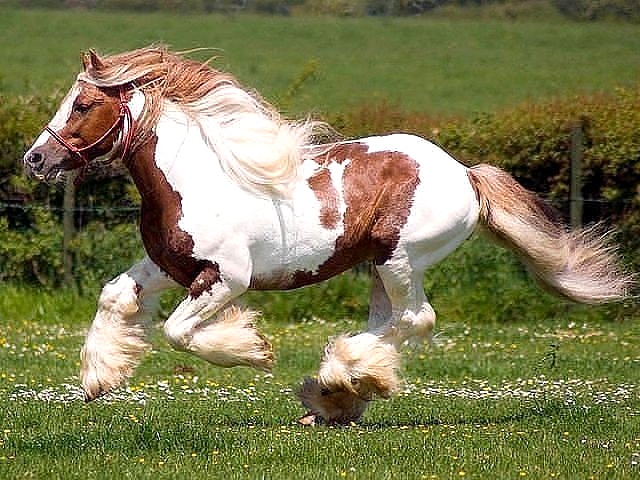While the decision to have a horse gelded is an emotional and personal one, it is a decision that all horse owners must eventually consider. For race horses, the decision is often one of practicality and economics, as choosing to geld a racehorse can be a beneficial decision both for the horse and the owner. In this article, we will explore the pros and cons of gelding race horses, the effects it can have on a horse’s performance, and the practical considerations that must be taken into account when making this decision.
What is Gelding?
Gelding is the surgical procedure of removing a horse’s testicles to prevent reproduction. This is done for a variety of reasons, but for race horses, it is often done to improve the horse’s performance. Gelding can also be done for medical reasons, such as to reduce the risk of injury or to alleviate reproductive-related issues.
Pros of Gelding Race Horses
There are several benefits to gelding race horses. Gelding can improve a horse’s performance by reducing the distraction caused by hormones, as well as reducing their aggression and their tendency to mount other horses. Gelding can also reduce the risk of injury, as stallions can be more prone to kicking and biting other horses. Additionally, gelding a horse can help to improve its concentration, as the horse will no longer be distracted by hormones.
Performance
Gelding can have a positive effect on a horse’s performance, as well. Gelding can help a horse to focus on its race performance and remain calm in the starting gates, thus giving it a better chance of winning. Gelding can also lead to an increase in speed, as the horse no longer has to expend energy on fighting and courting other horses.
Economics
Gelding a race horse can be a financially beneficial decision for the owner. Maintaining a stallion is more expensive than gelding a horse, as stallions need to be separated from other horses and require additional veterinary care. Additionally, stallions can be more difficult to sell than geldings, as potential buyers may be hesitant to purchase a stallion for fear of aggression and inappropriate behavior.
Cons of Gelding Race Horses
Gelding a race horse can also have drawbacks. Gelding a horse can be a difficult decision, as it is a permanent alteration to the horse’s physical and mental state and can cause emotional distress. Additionally, there are some potential risks associated with gelding horses, such as infection, bleeding, and lameness.
Age
The age of the horse is also a consideration when deciding to geld a race horse. Gelding a horse too early may reduce its performance, as it can take time for the horse to adjust to the change in hormones. Additionally, gelding a horse too late can be dangerous, as a mature stallion can be more aggressive and more difficult to handle.
Conclusion
Gelding a race horse can be a beneficial decision for both the horse and the owner. Gelding can improve a horse’s performance, reduce the risk of injury, and provide a cost savings for the owner. However, it is important to consider the age of the horse and the potential risks associated with gelding before making this decision. Gelding can be an emotional decision, but it is one that should be taken seriously and with care.

